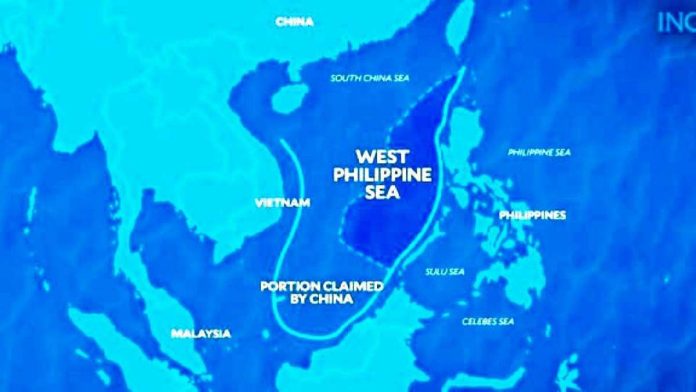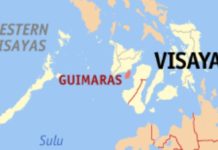
MANILA – Amid escalating tensions in the West Philippine Sea (WPS), the Armed Forces of the Philippines (AFP) has reaffirmed its resolve to defend the country’s maritime entitlements anchored on the landmark 2016 ruling of the Permanent Court of Arbitration (PCA), calling the decision not just a legal victory but a “moral and legal compass” in asserting Philippine sovereignty.
“As the protector of the nation’s territorial integrity, the AFP remains steadfast in its duty to uphold this ruling through deliberate and sustained action,” the military said in a statement.
“This historic decision upheld the Philippines’ sovereign rights within its Exclusive Economic Zone (EEZ) in the West Philippine Sea,” it added.
The AFP stressed that its maritime posture is being strengthened to assert national claims and safeguard coastal communities, especially Filipino fisherfolk who depend on the WPS for livelihood.
“We continue to carry out regular maritime and aerial patrols, enhance our maritime domain awareness, and support the whole-of-nation approach to ensure the security and well-being of our communities, especially our fisherfolk,” it said.
“Every operation we conduct in the West Philippine Sea reaffirms our commitment to protect what is rightfully ours. With professionalism, vigilance, and resolve, we will continue to defend our territory, uphold our sovereign rights, and promote peace — always anchored on international law and guided by the interests of the Filipino people,” it added.
Calling for national unity, the AFP urged Filipinos to rally behind efforts to defend the country’s maritime rights.
“The West Philippine Sea is not just a maritime zone but a lifeline, a legacy, and a symbol of our collective pride and resilience,” the military stated. “The AFP stands ready and resolute in its mission to defend our seas, sovereignty; and the strength for our people, nation, and the generations yet to come.”
The PCA ruling, issued on July 12, 2016, invalidated China’s sweeping “nine-dash line” claim over nearly 85 percent of the South China Sea, including areas that fall within the Philippines’ EEZ.
“The Tribunal concluded that there was no legal basis for China to claim historic rights to resources within the sea areas falling within the ‘nine-dash line’,” the PCA stated.
“[Although] two Chinese navigators and fishermen, as well as those of other States, had historically made use of the islands in the South China Sea, there was no evidence that China had historically exercised exclusive control over the waters or their resources,” it added.
The AFP said it will continue to operate with the arbitral award as a core principle.
“It is not only a legal triumph but a reaffirmation of the strength of international law and the enduring pursuit of peace, justice, and a rules-based order in our region. It remains a moral and legal compass, guiding our actions in the defense of national sovereignty.”
Despite the ruling, China has continued to reject the decision and maintains a strong presence in disputed waters, making the WPS one of the most volatile flashpoints in the Asia-Pacific./PN






